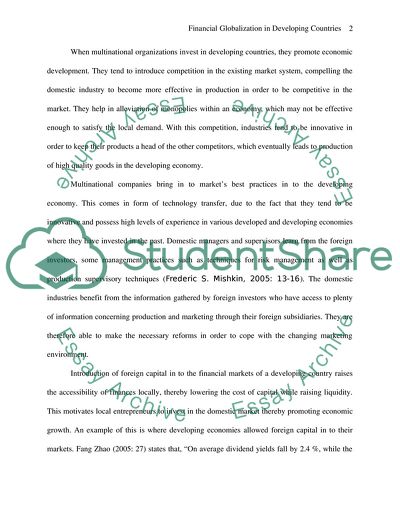Cite this document
(Costs and Benefits of Financial Globalization for Developing Countries Case Study, n.d.)
Costs and Benefits of Financial Globalization for Developing Countries Case Study. Retrieved from https://studentshare.org/macro-microeconomics/1718791-assess-the-costs-and-benefits-of-financial-globalisation-for-so-called-developing-countries
Costs and Benefits of Financial Globalization for Developing Countries Case Study. Retrieved from https://studentshare.org/macro-microeconomics/1718791-assess-the-costs-and-benefits-of-financial-globalisation-for-so-called-developing-countries
(Costs and Benefits of Financial Globalization for Developing Countries Case Study)
Costs and Benefits of Financial Globalization for Developing Countries Case Study. https://studentshare.org/macro-microeconomics/1718791-assess-the-costs-and-benefits-of-financial-globalisation-for-so-called-developing-countries.
Costs and Benefits of Financial Globalization for Developing Countries Case Study. https://studentshare.org/macro-microeconomics/1718791-assess-the-costs-and-benefits-of-financial-globalisation-for-so-called-developing-countries.
“Costs and Benefits of Financial Globalization for Developing Countries Case Study”, n.d. https://studentshare.org/macro-microeconomics/1718791-assess-the-costs-and-benefits-of-financial-globalisation-for-so-called-developing-countries.


